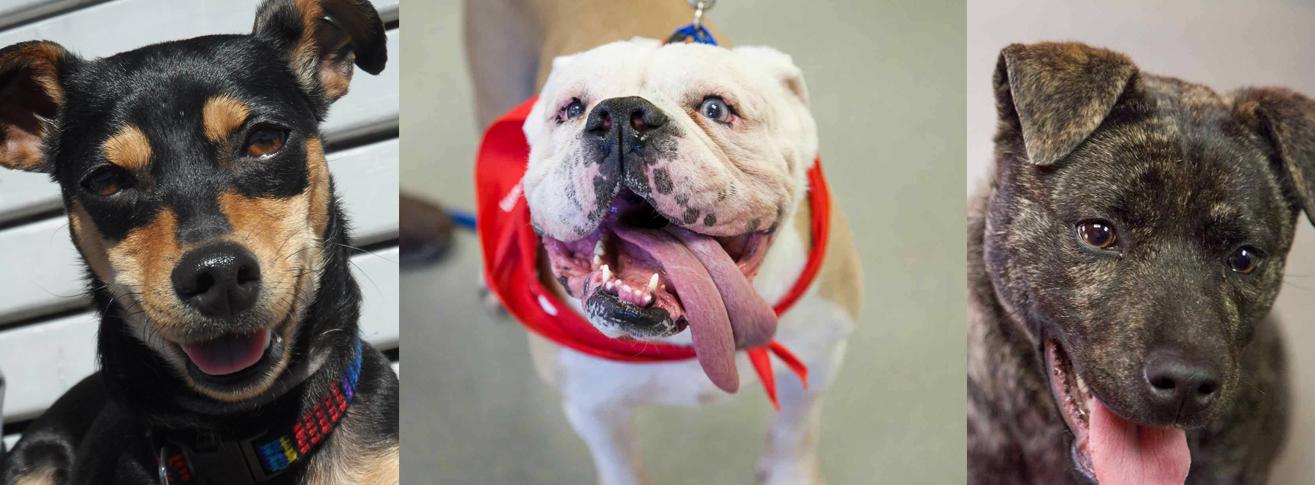Spay or Neuter Your Dog
Spaying or neutering is one of the greatest gifts you can provide your pet and your family. These routine medical procedures not only help control pet overpopulation, but they may also allow your dog to lead a longer, healthier and happier life.
What is spaying? What is neutering?
Spaying is the surgical removal of a female dog’s ovaries and uterus, while neutering is the removal of a male dog’s testicles. While both operations are conducted routinely with few complications, only licensed veterinarians are allowed to perform them.
Before surgery, your veterinarian may carry out a complete physical examination of your dog or draw a sample of his blood for analysis. To minimize pain and discomfort, both spaying and neutering are conducted while your dog is under general anesthesia. Following surgery, your veterinarian will instruct you on how to care for your dog while he is recovering. Most dogs are back to normal within a few days. The surgery site usually heals within two weeks and any skin stitches are removed at a follow-up appointment with your vet.
Why should I spay or neuter my dog?
Spaying or neutering your dog prevents unwanted births and reduces the influence of sex hormones on your pet’s behavior. Millions of unwanted animals end up in shelters or on the streets each year. Only a lucky few are adopted; the rest are either euthanized or die from trauma, exposure, starvation or disease. By spaying or neutering your dog, you do your part to prevent this tragedy.
Spay/neuter can have a positive effect on some behavioral issues. Sexual behavior in both male and female dogs is reduced following surgery. Neutering male dogs reduces mounting and the urge to roam. In female dogs, the inconvenient “heat” cycle, with its messy, bloody discharge, is eliminated. Spaying or neutering eliminates or greatly reduces the development of mammary tumors in females and reproductive organ tumors in both sexes.
Will my dog’s personality change?
Spaying or neutering your dog is unlikely to change his or her basic personality. A dog’s playfulness, and general levels of activity and excitement, do not typically change. Your dog will continue to interact with your family in the same manner as he/she did before surgery. It’s possible that your pet will gain weight, but weight gain can be prevented by proper diet and sufficient exercise.
When should I spay/neuter my dog?
Dogs as young as eight weeks of age can be spayed or neutered safely. Studies have recommended that male dogs be neutered before six to eight months of age. For female dogs, the surgery should ideally be performed before their first heat cycle. If you have questions, talk to a veterinarian.

